Sarah Whitehouse is a fabulous actor, star of stage, screen, and of course, audio. Sarah has voiced characters in a huge number of Wireless Theatre productions since 2011, from Wild Elusive Butterfly to Oliver, turning in fabulous performances every time. Read on for Sarah’s reflections on her voice acting career so far, and her advice for new voice actors.
“working for Wireless has been utterly invaluable experience”
Sarah Whitehouse
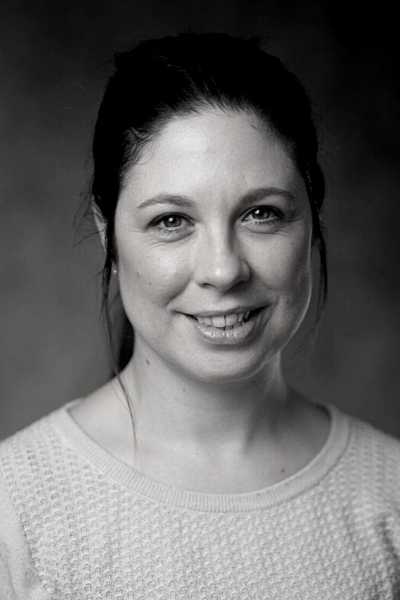
How did you first get started in voice acting?
My first ever voice job was aged 17 for a computer game called ‘Simon the Sorcerer 3D’. I was recommended by an actor friend to the games studio and eventually ended up providing a number of character voices, along with my dad and a couple of friends. It was great fun and a steep learning curve. I remember struggling to make sense of the lines, which were all recorded out of chronological order.
My next studio time was at drama school and we had some inspirational tutors who entered a few of us for a radio prize which at the time was known as the Carlton Hobbs, which awarded the winner with a contract with the BBC Rep. Sadly, I didn’t win, but really enjoyed auditioning and preparing for it. I was then lucky enough to work with Mariele at Wireless as she was creating audio drama for download and for the live recording events; she’s a brilliant director and teacher and working for Wireless has been utterly invaluable experience.
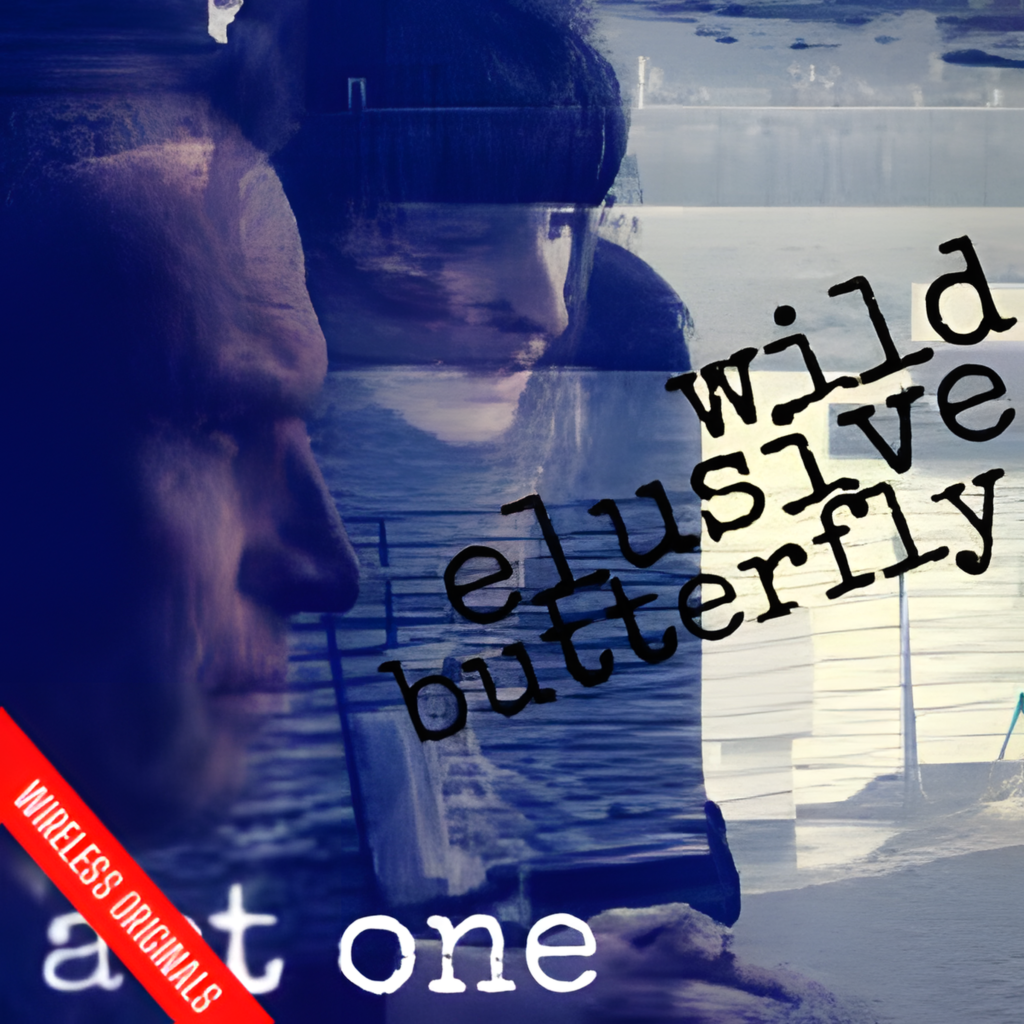
What was the first Wireless Theatre production you were involved with?
My first role was for a piece called ‘Wild Elusive Butterfly’ by John Park and I was playing the female lead, Daisy. It was an amazing experience as it was an enormous ensemble piece and such fun to work with a large cast of wonderful, playful actors. We had the luxury of a rehearsal period for this, so it became a very slick and well-explored performance from everyone.
“The most enjoyable part is the playfulness ”
Sarah Whitehouse
You are a very versatile actress, how do you go about preparing for a part?
Thank you very much, that’s very kind of you to say and a really good question. I was very lucky with the training I had as it offered us a variety of techniques to work from. It meant that no matter what the job, genre or style of the director, you should always have a way to access that piece, there’s always a trick in your ‘toolkit’, if you like. As a result, I tend to change my prep depending on the script or project. The one constant I’ve found however, is that I always rely heavily on the text and will go back to that for clues if I’m stuck. Some actors will prefer to create a character first and then maybe adapt the text a little if they need to, but I always use the script as my blueprint.
For audio drama, the most important thing, I think, is to read the script, as many times as possible before you make any decisions. Then it’s about collaborating with the director and making sure you’re all on the same page.
You have worked on so many productions in audio, on stage, screen and even video games. Which have you enjoyed most, and why?
I enjoy the challenge of variety. Each of these genres requires very different skills and preparation and that makes it exciting. I don’t think I could pick just one as my favourite. Stage gives the enjoyment of being able to explore a character’s journey from beginning to end every night, on screen, you can really explore a character’s internal life, and in audio, you’re painting pictures with your voice. I think stage, screen and audio are the ones I’m the most familiar and confident with. I’ve only just started working in motion capture for video games and so I’m still honing my skills there really. It’s actually quite similar to the skills required for performing audio, as it relies on pure imagination and you have to keep half an eye on the technical side to make sure that what you provide is usable in the edit/animation.
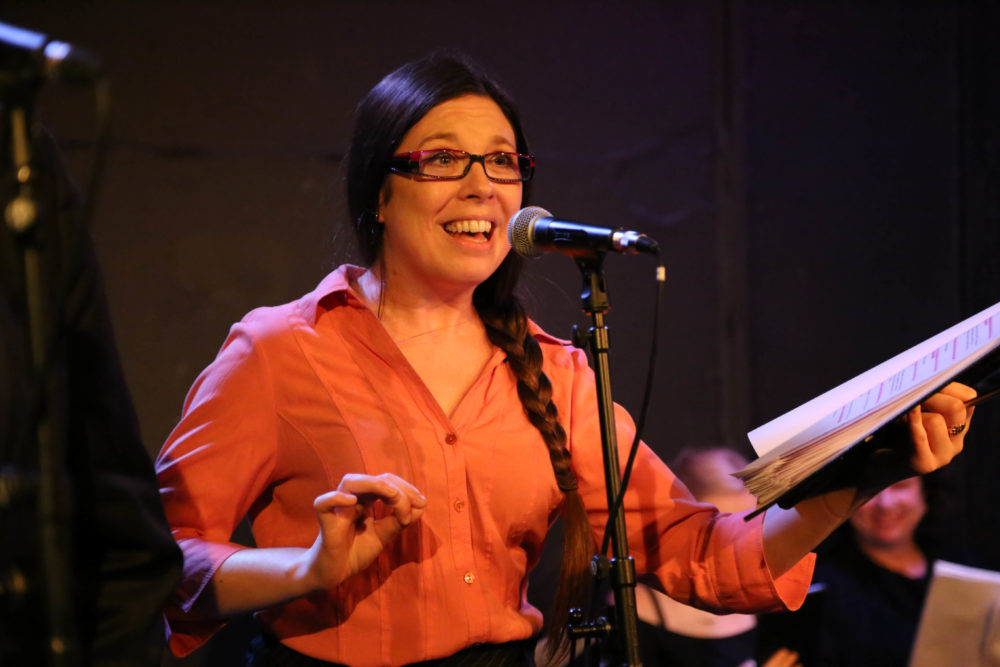
Do you have any tips for aspiring actors?
If it’s your passion, just keep doing it. Try and seek performing groups, classes, training and if you can, work that fits around your performing/training schedule. There are a number of charities and groups out there now that support young actors, including Equity, The Spotlight, The National Youth Theatre and probably local groups and societies. Read as much as you can and go and see as much as you can (many theatres offer reduced tickets for under 26s)
If you want to get into audio, you need to listen to audio and it’s now easier than ever as there’s so much available online (try Wireless theatre, any podcast app, Big Finish productions, Radio 4 Extra)
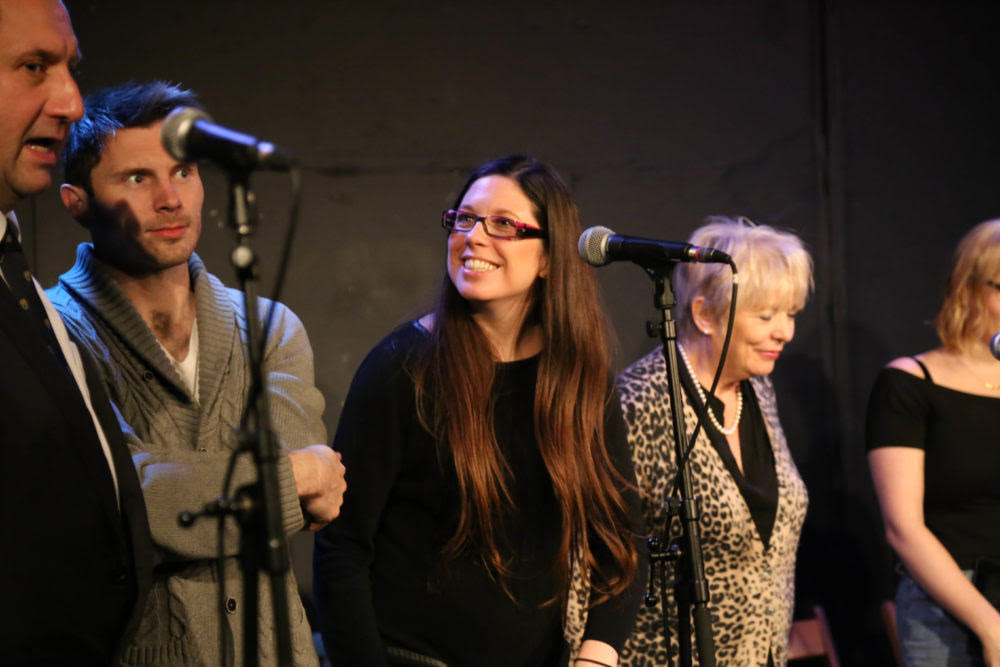
How do you feel the audio drama and voice acting world has changed, since the start of your career?
Interestingly, when I graduated from drama school, it was suggested that it would be unlikely that we would work in audio as it seemed to be waning in popularity and it was only really the BBC Rep and the Archers that were still going. I honestly believe that Wireless had a key role to play in bringing back it’s popularity. For a while it felt like they were the only ones producing online content in this field and that was really exciting. Wireless were also one of the first companies to start experimenting with binaural sound about 10 years before it became popularised in contemporary productions.
The other change I’ve noticed is with audiobooks. I worked with the RNIB for many years, narrating for their members’ library. They seemed to be the sole producers for a long time and now audiobooks are everywhere, which is fantastic. I’m so pleased that audio has had such a resurgence and I really love the newly coined phrase ‘audio-movie’. I think that’s a great way to describe a lot of audio drama productions.
” now audiobooks are everywhere, which is fantastic. “
Sarah Whitehouse
What do you enjoy most about acting as a profession? What do you find toughest?
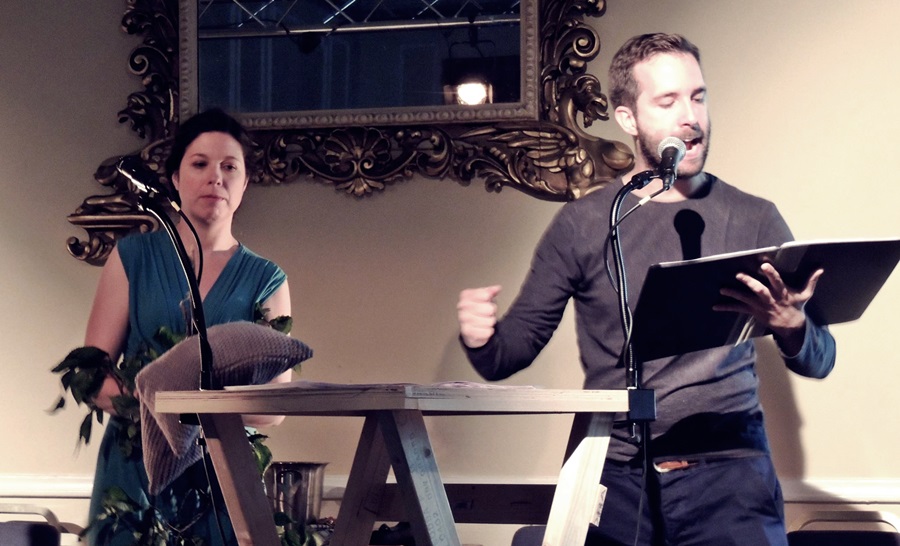
Another really good question. The most enjoyable part is the playfulness; creating characters and interacting with other actors to find a deeper meaning in the text. Finding the unspoken, as well as the spoken and creating those connections time after time. I adore that ‘playtime’ in rehearsals when you’re trying to put something together. The toughest part is definitely the business side, having to find and compete for the work and face more rejection than success.
What has been your biggest career challenge? How did you overcome it?
It was one of my biggest challenges and because of that, became one of my proudest projects. I worked on a series of legal corporate films for trainee barristers studying for the bar exams online. The aim of the project was to make legal training more affordable and accessible and as a result, they intended to make a series of feature length films showing different legal cases from the beginning of the process to the end. The scripts were written by the course tutors who were working barristers and so were incredibly accurate and referred to all the materials referenced in the textbooks. I was playing the defence barrister in my film and so had to appear as the legal expert. In preparation, the wonderful team essentially gave me a ‘crash course’ in criminal law. I visited both the magistrates and crown courts and watched a number of cases. I chatted with judges and barristers and asked the really obvious lay-persons questions (they were very patient with me) and I read all I could about the law (I can highly recommend the introductions to law by The Secret Barrister). They even let me take a copy of Blackstones (legal bible) home over the Christmas break to become a bit more familiar with it. The text was so alien to me and yet the pressure was on to be as accurate as possible and I have never worked so hard trying to digest a script and do it justice. My scenes often involved speeches of between 5-8 minutes long and I really didn’t want to hold everyone up on set by forgetting. (There’s nothing worse when trying to complete the last scene before lunch, than an actor not being able to remember their lines and keeping everyone waiting).
I managed to get through it with only minimal errors and there are now parts of the script that I’ll never forget. I’d always thought I was poor at learning lines until that project and so it gave me a real sense of achievement to have proved myself wrong.
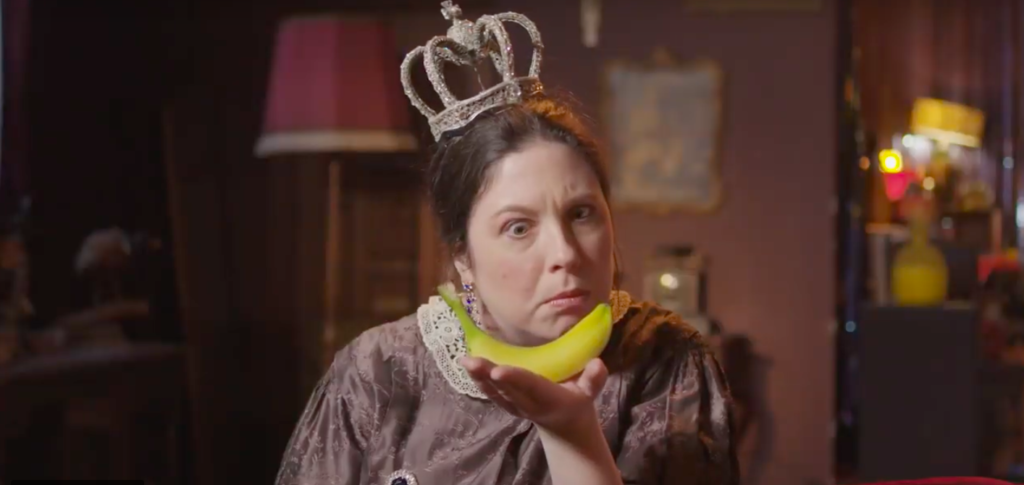
Have you heard any great audio dramas, podcasts or audiobooks recently that you would like to recommend?
This is going to sound like shameless self- promotion, but I did a bit of work on Marty Ross’ latest adaptation of Dickens’s Oliver Twist and like all Marty’s projects, it was great. The level of talent from the cast was astonishing and the brilliant direction of David Beck and the sound design of Joe Richardson made the whole production so wonderfully immersive. I highly recommend it if you’re looking for a Twist on the traditional. I’m also hoping that my character of the ‘harrassed mother’ gets her own spin-off series.
I’d also like to plug my friend’s horror-comedy series ‘The Monster Hunters’ which is available on all podcast apps.
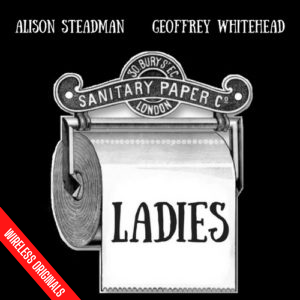
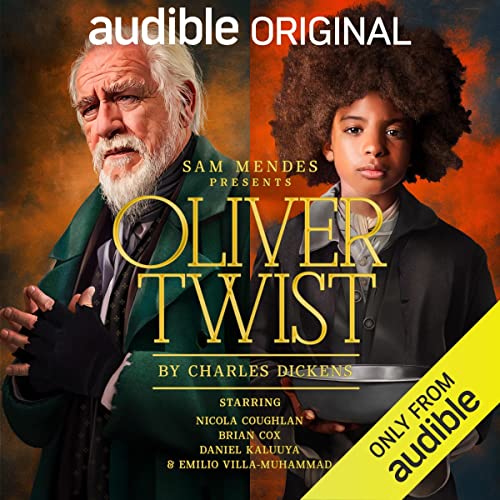
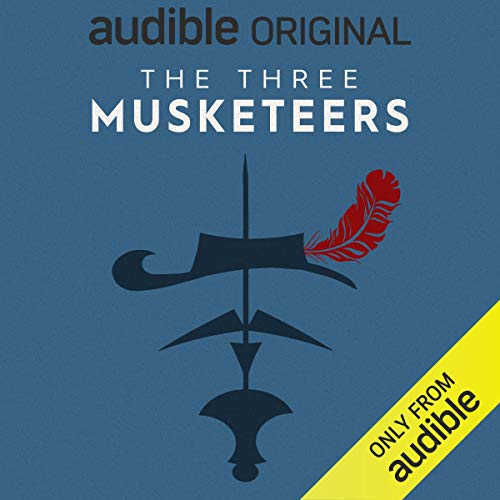
What are you working on at present?
I’ve just finished narrating a novel for the RNIB called “Amy Perry’s Assumptions”, which was a lot of fun and so that’s now in post production. I’m also looking forward to another block of performance capture on the game ‘Norse’ for Arctic Hazard Studios. I’ve also just finished training with the Mocap Vaults and so I’m about to start expanding my motion capture career.
How can listeners enjoy your work?
I’ve been lucky enough to work a great deal with Wireless and so have quite a few projects available to download through their website, including a few live recorded events. I also work quite frequently with Amazon Audible in their Original Dramas as part of their ensemble.
For members of the RNIB, I have narrated a number of novels from a variety of genres.
